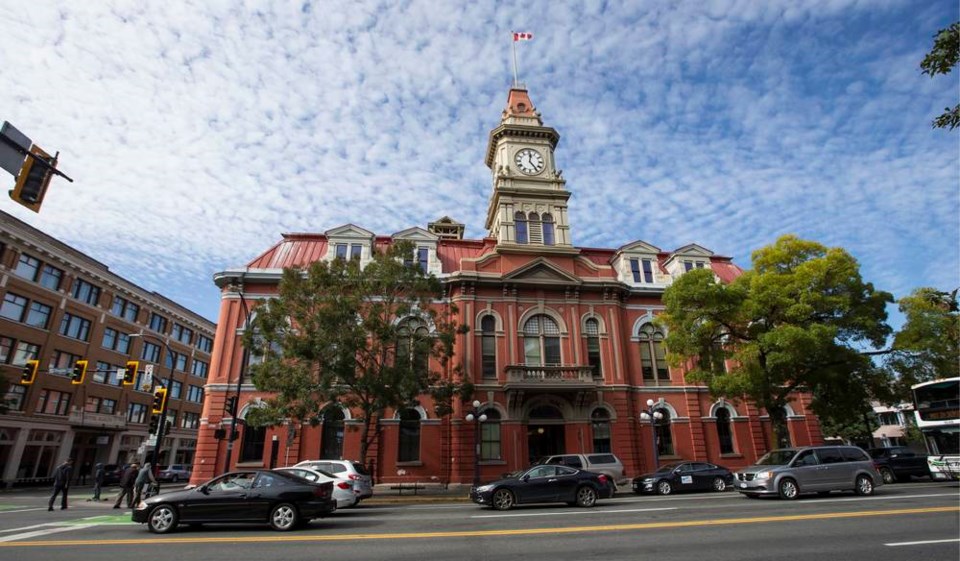A group of mayors from across the province want municipal taxing powers expanded. Victoria Mayor Lisa Helps, who chairs the urban mayors’ caucus, points out that when crises like the COVID-19 pandemic hit, local governments need the flexibility to respond immediately. They shouldn’t have to go begging to the province for money.
In one respect, Helps is right. The current situation is indeed one-sided.
Municipalities are responsible for a variety of tasks, but depend on the senior levels of government for much of their funding.
It’s a basic principle of management that if an organization is to be held accountable for the service it performs, it should also be empowered to gather the necessary resources.
However there is another side to this controversy. Agencies that demand more control over funding must first demonstrate that they can use those funds responsibly.
There is a considerable body of evidence that suggests our local governments are not always financially well managed.
The problem starts with the sheer number of municipalities. There are 162 of these in sa���ʴ�ý, some with populations of little more than 100.
But that’s 162 mayors, 162 chief administrators, and around 1,000 councillors, all paid out of the public purse.
City councillors in Victoria alone take home more than half a million dollars a year in salary and expenses. Their city manager makes $232,000, which puts her in the same salary range as supervisors in the provincial government with vastly greater responsibilities.
Half the workforce at city hall makes $75,000 or more, and 86 employees earn six figures.
The chief administrator in Vancouver gets twice what the prime minister of sa���ʴ�ý earns.
These spending habits came to light some years ago, when the province hired the consulting firm Ernst & Young to conduct a review.
The firm could find no consistent approach to establishing remuneration rates at the local government level. What it did find was that municipalities of a given size frequently looked for the most generous pay scale in their group, and used that as their benchmark.
The company also noted that municipalities were paying their staff at rates well above employees in provincial ministries.
Between 2001 and 2012, workers in the provincial government received pay raises totalling 19 per cent. But over the same period municipal staff were given a 38 per cent hike, nearly twice the rate of inflation at the time.
So let’s agree that Helps and her colleagues have a case to make. Local governments are under increasing pressure as homelessness and drug addiction stretch their resources to breaking point.
And their property tax base is shrinking, as the COVID outbreak forces businesses to cut back services or shut down entirely.
But first, before civic politicians seek new taxing powers, we need to see a willingness to reform.
That should mean amalgamation of smaller municipalities to reduce overhead and duplication.
It should mean shared service delivery between adjacent municipalities. Does Greater Victoria really need four separate fire services and four separate police departments?
But most important, it should mean a thorough combing-out of salary scales, both for councillors and for employees.
As things stand, local government remuneration rates across the province are largely indefensible. They frequently bear no relation to the scale or complexity of the work involved, or to the qualifications required. They almost always exceed pay levels for comparable jobs in the private sector.
This situation didn’t suddenly emerge. It grew up over several decades, as mayors and councils found their spending habits weren’t closely monitored. The higher levels of government get more public scrutiny.
That has to change if new powers are to be granted, and the change has to start from within. Helps and her caucus of mayors must prove that reforms long called for, and long neglected, are now a priority.
And not just one priority among many, but priority No. 1. Trust must be earned, not just demanded.



